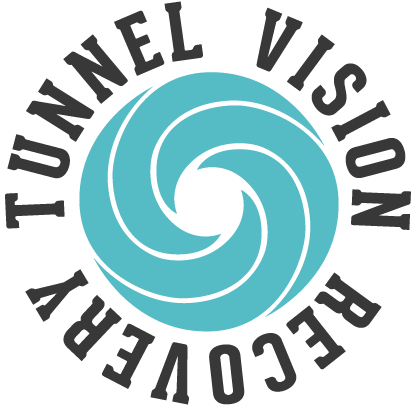The difference between internal and external locus of control lies in how individuals perceive the cause and control of events in their lives.
- Internal Locus of Control: People with an internal locus of control believe that they have control over their actions, decisions, and outcomes. They tend to attribute success or failure to their own abilities, efforts, and choices. They have a sense of personal responsibility and believe they can influence and shape their own destiny.
- External Locus of Control: Individuals with an external locus of control believe that external factors, such as luck, fate, or other people, determine their outcomes. They tend to attribute their successes or failures to external circumstances rather than taking personal accountability. They may feel that their actions have little impact on the outcome of events.
It’s important to note that most people fall somewhere on a continuum between internal and external locus of control, with variations depending on different areas of life.
Developing an internal locus of control involves shifting towards a mindset where you believe in your ability to influence and control your life’s outcomes. Here are some tips to help you develop an internal locus of control:
- Reflect on past successes: Take time to think about instances where you exhibited control over outcomes. Remember the times you achieved your goals through your effort and decision-making abilities. Acknowledge your strengths and build confidence in your own abilities.
- Focus on what you can control: Identify the areas of your life where you have direct influence. Concentrate your energy on those aspects and take proactive steps to make positive changes. By focusing on what you can control, you minimize the feeling of helplessness.
- Set realistic goals: Develop a clear vision of what you want to achieve and set realistic goals that are within your control. Break down your goals into manageable steps and work towards them systematically. This allows you to acknowledge your progress and boosts your sense of control.
- Embrace challenges: Instead of viewing obstacles as insurmountable barriers, see them as opportunities for growth and learning. Develop a problem-solving mindset and believe in your ability to overcome challenges through perseverance and adaptive thinking.
- Surround yourself with positive influences: Surrounding yourself with supportive and motivational people can help reinforce an internal locus of control. Seek out friends, mentors, or role models who embody a sense of personal responsibility and inspire you to take charge of your life.
- Laugh It Off: Maintain a light-hearted perspective, even when things don’t go according to plan. A good chuckle can help you regain your sense of control and adaptability.
- Affirmation Fun: Repeat positive affirmations that reinforce your ability to influence your circumstances. Some examples: “I happy and healthy in every way” or “I have the power to create my own destiny.”
Remember, developing an internal locus of control is a process that takes time and practice. It’s about cultivating a mindset that empowers you to take charge of your own life and embrace the belief that you have the ability to shape your own destiny.

